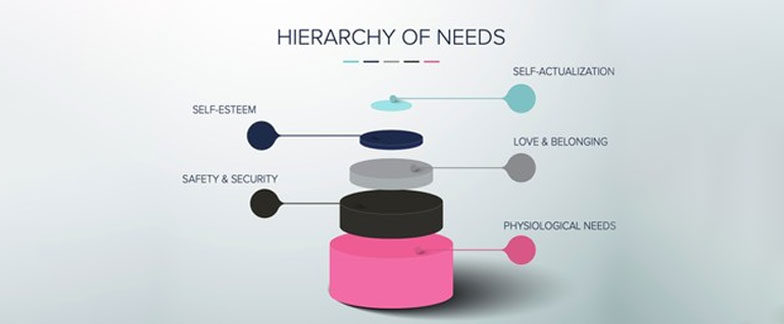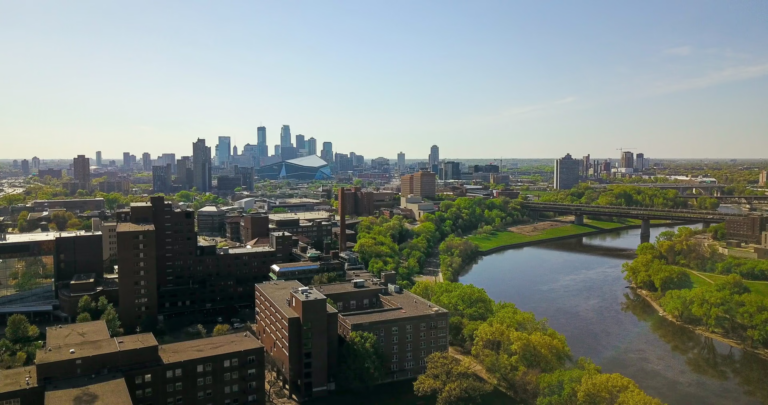Substance use disorder has reached staggeringly high levels, exacerbated by COVID-19 related isolation, stress and reduced access to treatment services. With over 40 million Americans experiencing a substance use disorder (SUD), this epidemic has touched nearly all American families with devastating effects (SAMHSA). SUD not only results in direct negative impacts to those misusing drugs and alcohol, but has far-reaching consequences for society as a whole. Strains on the healthcare, criminal justice and social services systems alone are topping over $100B annually (Recovery Centers of America).
While the response to this ongoing crisis has generally been slow and insufficient, strides have been made to make new services accessible to help those suffering from SUD. Peer recovery services are an example of a resource that is now sponsored by Medicaid and other insurance programs. These services are administered by community health workers called Certified Peer Recovery Specialists (CPRS). In this article we will explore:
- Types of services offered by CPRS
- How they can benefit individuals with an SUD
- How peer recovery services fit in with holistic recovery plans
- How to connect with a CPRS
What Are Peer Recovery Services?
Peer recovery services include a wide range of activities that encompass the social support necessary for individuals experiencing an SUD to navigate recovery plans and remove barriers to success. This support can be further broken down into four distinct categories of activities that a CPRS may provide. Examples of these services include:
- Emotional – peers may lead individual or group support sessions
- Informational – peers may accompany clients to health & wellness seminars
- Instrumental – peers may assist clients in obtaining suitable housing
- Affiliational – peers may attend substance-free social events with clients
Not only are there disastrous health consequences for individuals suffering from an SUD, there are devastating social, emotional and financial implications for their friends, families and communities. The stress associated with managing challenges such as co-occurring mental health issues, criminal justice involvement and poverty often results in an inability to access the resources necessary to successfully navigate recovery. This is where Certified Peer Recovery Specialists come in.
What Are Peer Recovery Services?
Maslow’s hierarchy of needs is the theory that our actions are motivated by certain physiological and psychological needs that progress in complexity. He posited that for a person to focus on fulfilling their needs of love, belonging and self-esteem, they must first secure their physiological and safety needs.

For someone who has spent years in active addiction, it may seem impossible to focus on anything other than fulfilling their most basic needs. CPRSs provide the “wrap-around” services necessary to ensure that someone with limited resources is meeting their needs at the bottom of the pyramid through the instrumental services they provide. They also assist in fulfilling the need for belonging and love through affiliation and emotional support. Finally, CPRSs also assist in attaining a level of self-actualization by demonstrating what is possible in long-term recovery as they share a history of SUD themselves.
The most important aspect of peer recovery services is that a CPRS has also lived through addiction and has experiential knowledge of the work that it takes to overcome obstacles and achieve sustained recovery. In the US, there continues to be significant stigma placed upon individuals with SUD, often causing hesitation with regards to seeking treatment. In addition to the stigmatization, there have often been significantly traumatizing events experienced by individuals with SUD, causing treatment to be emotionally painful. Working with a peer who has received trauma-informed training, has shared lived experiences, and is culturally sensitive can help to build trust and remove fear associated with getting help.
How Does One Access Peer Recovery Services?
There are a number of ways that someone can access peer recovery services. The first step is typically to obtain a chemical health assessment, a requirement for treatment to be covered by Medicaid. Chemical health assessments have historically been limited to behavioral health centers. Kyros is offering them virtually 7 days a week and are completed within 24 hours. Once the assessment is completed, services can be obtained by working through a recovery community organization or by directly connecting with a CPRS.
The Bottom Line
Peer recovery services play a vital role in the recovery journey of thousands of Americans with an SUD and are increasing the accessibility and efficacy of addiction treatment. These services are available for free to the vast majority of individuals with an SUD, but there is very low awareness that they even exist. Increasing the awareness of these services and the number of professionals who are certified to provide them, is critical to tackling this ongoing public health crisis.
If you or someone you know would benefit from learning more about receiving a chemical health assessment or connecting with peer recovery services, we can help.
There are so many more techniques that make up the entire harm mitigation approach, these are a few to give you an understanding of what falls under this category.
Sources:
Recovery Centers of America. “Economic cost of substance abuse disorder in the United States.” Recovery Centers of America, 2019,
https://recoverycentersofamerica.com/resource/economic-cost-of-substance-abuse-disorder-in-united-states-2019/#post-7347-_bookmark2
Accessed 9 November 2022
SAMHSA. “Key Substance Use and Mental Health Indicators in the United States.” SAMHSA, October 2021, Key Substance Use and Mental Health Indicators in the United States: Results from the 2020 National Survey on Drug Use and Health. (2021, October). SAMSHA.
https://www.samhsa.gov/data/sites/default/files/reports/rpt35325/NSDUHFFRPDFWHTMLFiles2020/2020NSDUH
Accessed 9 November 2022





